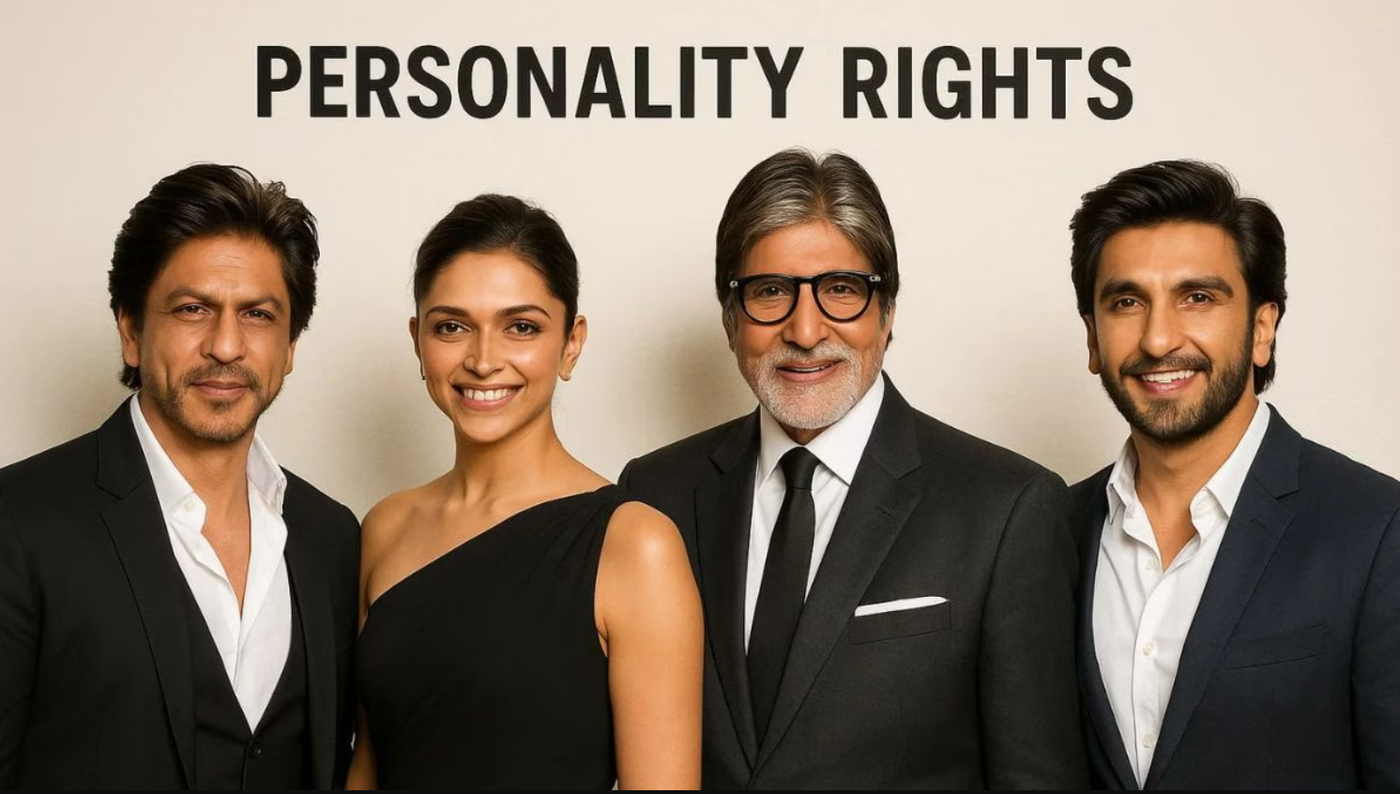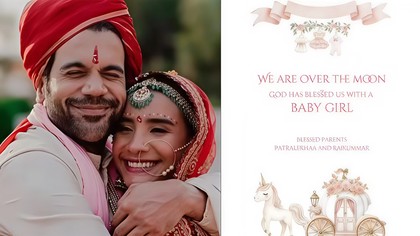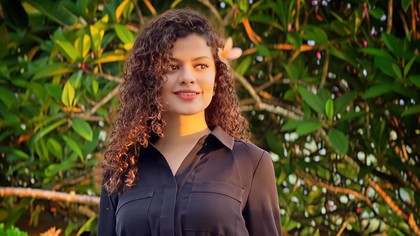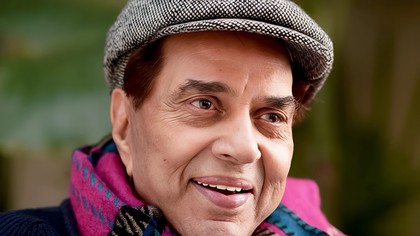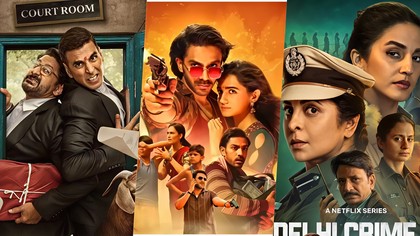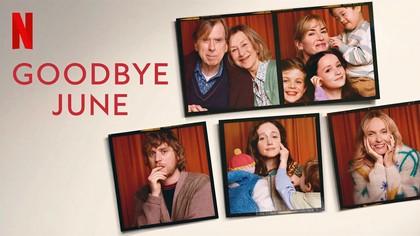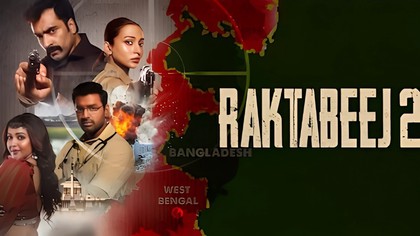In recent months, some of India’s biggest stars have approached courts to protect their identity from being misused through deepfake content and unauthorised promotions. This surge in legal action marks a turning point in how the entertainment industry views intellectual property and personal identity in the age of artificial intelligence.

Celebrities move to protect their identities
Singer Kumar Sanu was among the latest to secure legal protection over his personality rights. His case included control over his name, voice, mannerisms, and singing style — effectively preventing others from commercially exploiting his identity. Actor Akshay Kumar has also approached the Bombay High Court for similar safeguards.
Other prominent figures, including Asha Bhosle, Aishwarya Rai Bachchan, Hrithik Roshan, Abhishek Bachchan, and Karan Johar, have filed petitions to stop unauthorised use of their likeness in AI-generated videos, fake brand campaigns, and deepfake visuals. Many of these clips falsely endorse products or political messages, misleading the public while harming a celebrity’s reputation and brand value.
What are personality and publicity rights?
Personality rights refer to a person’s legal right to control the commercial use of their identity. For celebrities, this includes their name, voice, expressions, and even unique traits like a signature phrase or style. Publicity rights, on the other hand, ensure that others cannot profit from these attributes without consent.
In India, the courts treat these rights as an extension of the right to privacy under Article 21 of the Constitution. For instance, Amitabh Bachchan’s deep baritone voice and Anil Kapoor’s famous “jhakaas” catchphrase have been legally protected. When such traits are used in unauthorised advertisements or deepfakes, it not only infringes on personal dignity but also misleads consumers.

Legal precedents shaping the fight
Indian law does not yet have a dedicated statute on personality rights, so most cases are handled under intellectual property and privacy provisions. A landmark judgment in 2022 granted Amitabh Bachchan an injunction against individuals misusing his image from Kaun Banega Crorepati for online lottery scams.
More recently, actor Suneil Shetty obtained a favourable interim order when the court ruled that unauthorised AI-generated images of celebrities constitute a violation of privacy and fundamental rights. However, courts have clarified that such rights expire with the celebrity’s death, as seen in the case involving the late Sushant Singh Rajput’s father, who was denied control over films inspired by his son’s life.
Why deepfakes are driving legal reform
Deepfake technology has magnified the urgency for legal clarity. From manipulated brand endorsements to fake explicit videos, AI-generated content has made it easier to replicate and distort a celebrity’s image without permission. Global incidents, such as Scarlett Johansson accusing OpenAI of mimicking her voice, highlight the scale of the challenge.
In India, calls for reform are growing louder. Union Minister Ashwini Vaishnaw recently indicated that upcoming amendments to IT Rules may include stricter measures against deepfake impersonation. However, experts argue that India still needs a standalone law defining personality and publicity rights to address this evolving threat effectively.

The road ahead
Globally, the concept of personality rights has long been recognised. U.S. courts acknowledged it as early as 1953, and European rulings have since strengthened individual control over personal image and likeness. In India, where celebrity influence shapes culture and commerce, codifying these protections could reshape entertainment law and safeguard artistic identity in the AI era.
As Bollywood continues its fight to protect digital dignity, one thing is clear — the face, voice, and persona of a celebrity are no longer just symbols of fame, but powerful assets that deserve legal protection.
Follow Binge Moves on Instagram and Facebook for more insights, entertainment law explainers, and trending stories from the world of film, media, and digital culture.

